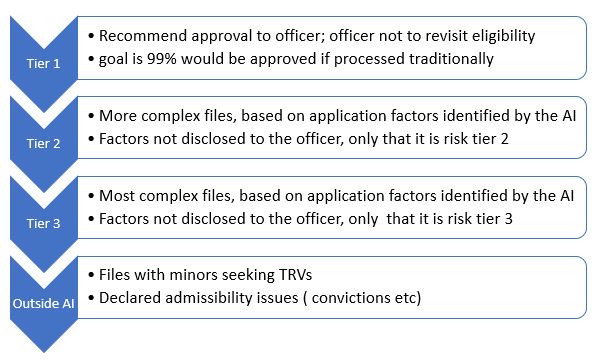"I've received a letter from IRCC. The Officer has serious concerns about my application to sponsor my husband, and I have 30 days to respond."
Immigration Refugees and Citizenship Canada conduct fewer interviews than they did in the past - especially in cases of Spouses, Partners, or Children being sponsored from Outside of Canada. Officers are still very serious that Canada's immigration laws are followed. What is most common is that letters are sent to applicants expressing specific concerns and indicating that they are prepared to make a decision to refuse the application.
This is called a Procedural Fairness Letter. This is an important concept in Administrative Law - a Decision Maker should share specific concerns with an applicant so that the applicant has an opportunity to address those concerns.
This is a VERY serious letter. We can be retained by clients who had applied on their own if they receive these letters. Time if is of the essence, and you need someone that understands the Immigration and Refugee Protection Act inside and out. Its very important to understand the legal test behind the Officer's concerns and be able to quickly organize a strong package of evidence to show why your application should be approved.
There will not usually be a chance after this to sit in front of an Officer and answer their concerns in person.
These letters are sent about a variety of concerns - the genuineness or legality of a couple's marriage, previous or current misrepresentation, concerns about inadmissible applicants etc.
If you receive a letter like this you can't delay. You should seek advice as soon as possible about the best way to move forward.



